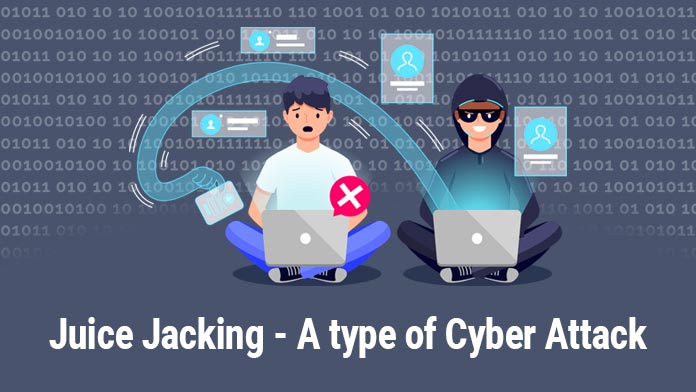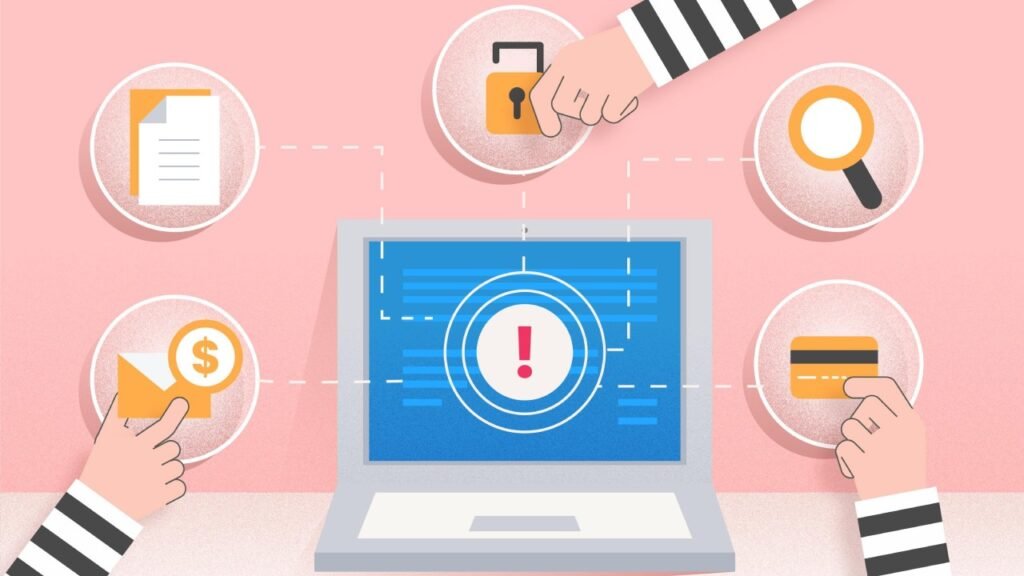As the world evolves into a digitalized space, the demand and benefits of digital money and assets have increased. Cryptocurrency takes the place of investment tools and NFTs surge in popularity as unique digital assets.
As NFTs and digital collectibles gain the attention of investors and the mainstream public, crypto exchanges have started to adapt this trend to meet the demands of their customers. In this article, we will explore how crypto exchanges are adapting to the rise of NFTs and digital collectibles.
What are NFTs and Digital Collectibles?
NFT stands for Non-Fungible Token. NFTs are unique, one-of-a-kind digital assets stored on the blockchain. Think of it as a contract or certificate that proves you have the rights to a specific digital asset. These assets can be pieces of art, music, paintings, NFT jewelry collections, tickets, and much more.
Non-Fungible means that the asset is unique and cannot be replaced. Ownership of any NFT works exactly like any other proof of ownership in the real world.
When you buy an NFT, you basically get two things:
- A digital collectible: It is a piece of art, video, music, or any digital asset.
- Proof of ownership: This is where the actual of an NFT lies. It is your certificate of ownership of the NFT. Without it, you might only be left with a fake copy of the art you bought.
Digital files are prone to copying and duplicity easily. However, with NFTs, your digital collectibles are rightfully yours. They are scarce, unique, and original.
Why are They Becoming Popular?
NFTs are becoming increasingly popular for all the right reasons:
- They allow buyers to own a scarcity of digital collectibles, something that was difficult to achieve previously.
- NFTs open new streams of creativity for artists and other creators. Creators can monetize their work and sell it as NFTs to benefit from the value as well as the scarcity of the work.
- NFTs, bring with their ease of buying, selling, and trading.
Crypto exchanges and NFT marketplaces are working to make NFTs accessible for mainstream adoption.
How are Crypto Exchanges Adapting to the Increased Growth and Demand of NFTs and Digital Collectibles?
NFTs are different from cryptocurrencies like Bitcoin and Ethereum. Cryptocurrencies are fungible as they can be exchanged and traded for equal value. But, NFTs are unique and cannot be exchanged. Each NFT has its own values and characteristics that make them ideal for representing digital collectibles.
With the rise in the adoption of NFTs and digital collectibles, exchanges are leveraging the power. They are finding new ways to offer their buyers maximum value.
- Web3 Native Membership Management:
Crypto exchanges are adapting to the rise of NFTs and digital collectibles by implementing Web3 Native Membership Management. This feature simplifies membership management and allows users to switch between different blockchain-based services seamlessly. This makes it easier for users to explore NFTs and digital collectibles securely and conveniently.
- Support for NFT Trading:
Additionally, crypto exchanges are adding support for NFT trading to the platforms. Some popular crypto exchanges have added their own NFT marketplace where users are able to buy and sell NFTs with cryptocurrency easily. This integration with the existing infrastructure makes it easy for users to move funds between their cryptocurrency and NFT wallets. Users can select NFTs, order, and make transactions all at once. It becomes more convenient for buyers to buy and sell NFTs without leaving the exchange platform.
- Partner with NFT Marketplaces:
Besides creating their own marketplace inside the platform, crypto exchanges are partnering with big marketplaces like OpenSea. The main aim is to give users access to a wider range of NFT collections. Binance, for example, has already partnered with several NFT marketplaces. This partnership allows them to increase value to their customer base and possess a wide range of collections.
- Launch own NFT Collections:
Crypto exchanges are not only interacting with other collectibles; they are creating their own NFT collections. This not only generates a revenue stream but also attracts investors and NFT enthusiasts. For example, FTX created its own NFT collection, including limited-edition sports collectibles. Users can buy it directly from the FTX marketplace and pay with any cryptocurrency.
- Join Creators and Artists:
Crypto exchanges are creating platforms for artists, musicians, singers, and other creators to launch their own NFTs. They provide creators with a way to monetize and sell their work directly to the fans. Nifty Gateway is one such platform where creators mint their NFTs and sell them on the platform.
Conclusion
As more and more people invest in NFTs and digital collectibles, crypto exchanges will continue to play an important role in facilitating NFT adoption. We expect to see more innovation and adaptation from crypto exchanges to keep up with the ever-evolving landscape of digital collectibles.




